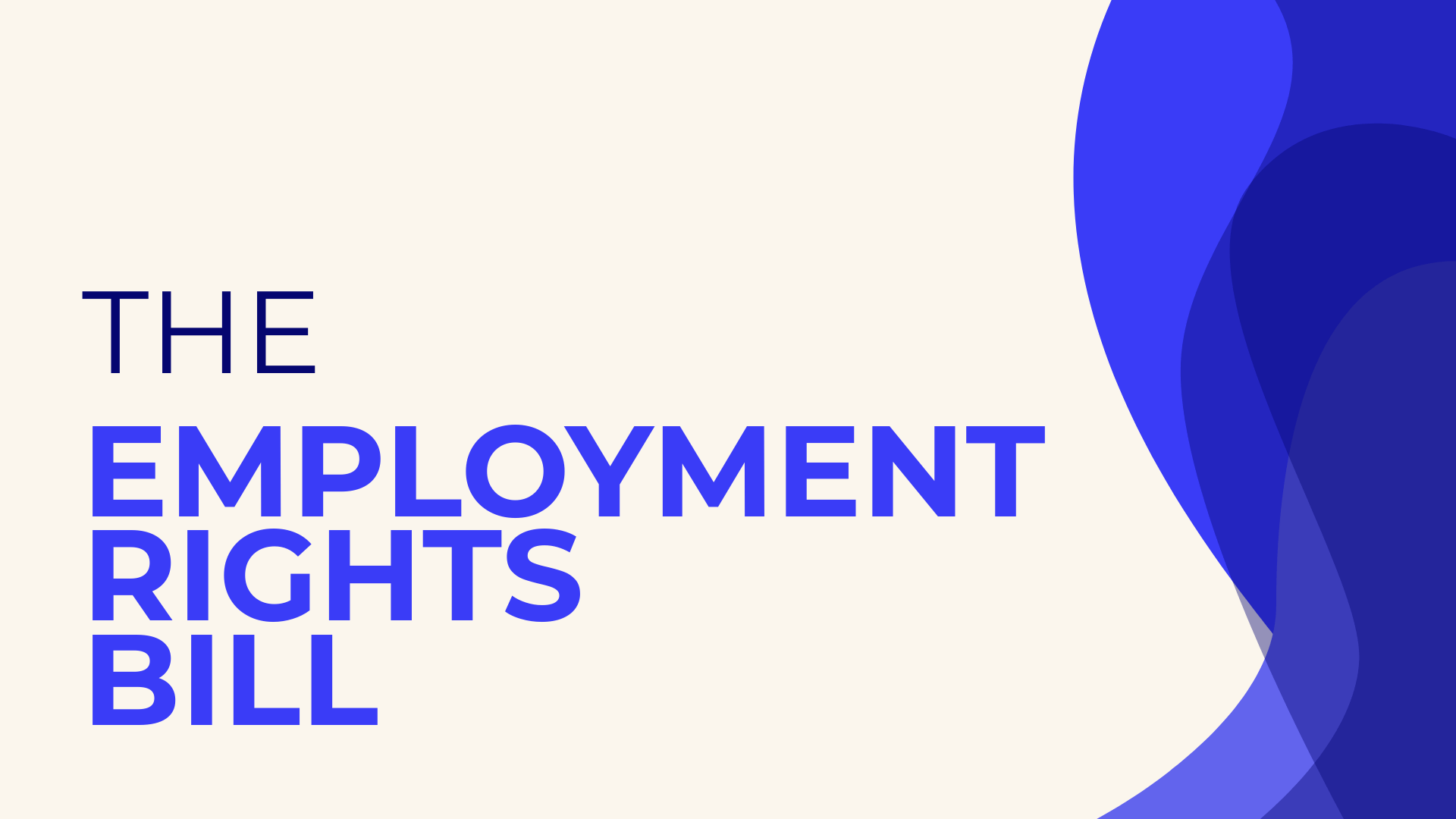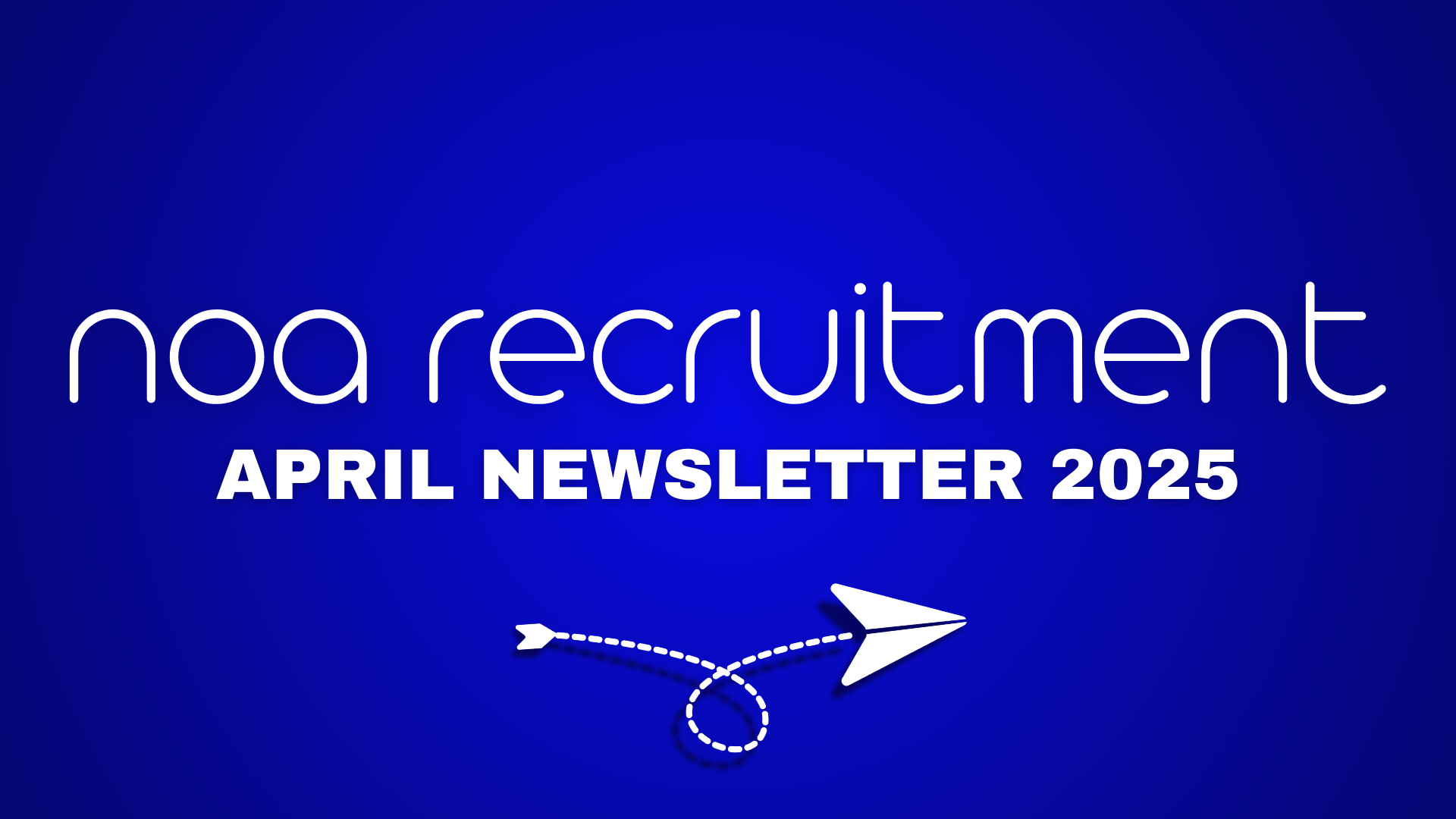Acing the PHP Developer Interview: Tips to Land Your Dream Role

Neil Harvey
PHP is a versatile and widely used scripting language in web development. If you’re gearing up for a PHP developer interview, you’re in the right place. In this blog, we’ll guide you through the essential strategies and skills needed to ace your PHP developer interview and secure that dream job.

Review the Basics
Start with a solid grasp of PHP fundamentals, including syntax, data types, and variables. Refresh your knowledge of key concepts like loops, functions, and conditionals. Mastering these basics is crucial for any PHP developer interview.
Object-Oriented Programming (OOP)
PHP supports OOP, so understanding classes, objects, and inheritance is crucial. Be ready to discuss your experience in OOP-based PHP development, as this is often a focus in a PHP developer interview.
MySQL and Databases
PHP is often used in conjunction with databases, particularly MySQL. Brush up on SQL queries and database interactions, and be prepared to discuss your experience with database-driven applications. This knowledge is essential for a PHP developer interview.
PHP Frameworks
Familiarize yourself with popular PHP frameworks like Laravel, Symfony, or CodeIgniter. Mention any projects where you’ve used these frameworks and the benefits they provided. Experience with these frameworks can be a key discussion point in a PHP developer interview.
Code Optimization
Be ready to discuss how you optimize PHP code for performance. This may include techniques like caching, database query optimization, and minimizing resource usage. Code optimization is often a topic in a PHP developer interview.
Security Best Practices
PHP applications can be vulnerable to security threats. Demonstrate your knowledge of common security practices, including input validation, SQL injection prevention, and cross-site scripting (XSS) protection. Security is a critical aspect of any PHP developer interview.
Web Development Basics
Review web development fundamentals, including HTTP, cookies, sessions, and how PHP interacts with web servers. Understanding these concepts is vital for full-stack development and will likely be covered in a PHP developer interview.
Version Control
Proficiency in version control systems like Git is essential. Discuss how you’ve used version control in your PHP projects, as this is a common requirement in a PHP developer interview.
Troubleshooting Skills
Expect technical problem-solving scenarios during your interview. Describe your approach to identifying and resolving PHP-related issues. Strong troubleshooting skills are important for a PHP developer interview.
Soft Skills
Effective communication and teamwork are crucial in a PHP development role. Share examples of how you’ve collaborated with cross-functional teams, including designers and frontend developers. Soft skills are often evaluated in a PHP developer interview.
Projects and Portfolio
Highlight your PHP projects and any contributions to open-source projects. A well-documented portfolio showcases your skills and practical experience, making it a valuable asset in a PHP developer interview.
Mock Interviews
Practice with mock interviews to simulate the real interview experience and get feedback on your responses and presentation. This can greatly enhance your confidence and performance in a PHP developer interview.
Stay Updated
Keep up with PHP trends and the latest releases. Knowledge of PHP 8 features, for example, can make you stand out in a PHP developer interview.
Ask Thoughtful Questions
Prepare questions for the interviewer about the company’s tech stack, development methodologies, and the specific PHP projects you’ll be working on. This shows your interest and engagement and is a good practice for a PHP developer interview.
With these strategies and skills in your toolbox, you’ll be well-prepared to shine in your PHP developer interview and secure that ideal PHP development role. Good luck!
For PHP roles (and more tech roles!) visit our Jobs page and for more articles, visit our Latest News page!
Related News
View all newsFind a Job
Our staff have one mission: to deliver an amazing experience to the candidates that we work with.
Hire Talent
Whether you need to hire your first Machine Learning engineer, scale your DevOps team or hire a Director of Software Engineering, we have got you covered.
About us
Noa are here to help our customers find and hire Simply Great People. It really is that simple.












